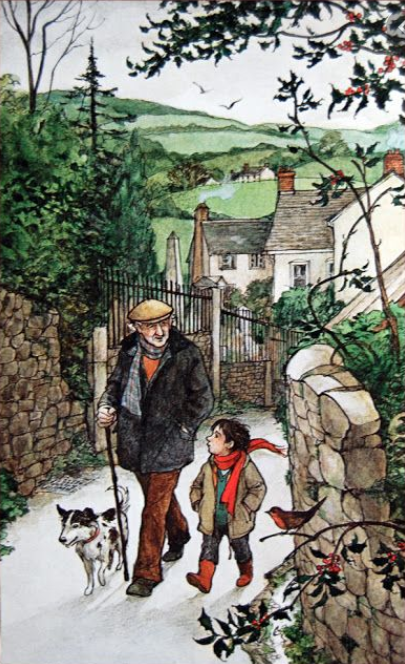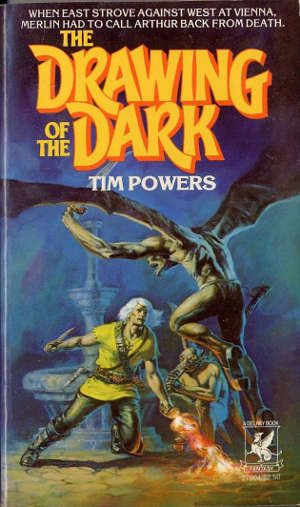Editor’s Note: Ian posted this at his own site. You can leave comments for him here or there.
My dear ol’ dad posted a Facebook post about the dearth of Latin Christmas carols and songs in the modern age. I got to thinking of all the Latin carols I know, and my favorite in Latin is Adeste Fidelis. Yes, I’m now much more Eastern in my Christianity but Latin does have a je ne sais quoi that Greek does not. It isn’t that hard to learn or sing, and as I mentioned in a previous post, no man should be unable to sing at least tolerably. You don’t have to be Frank Sinatra, but you should be able to sing. After all, how else will you celebrate as you march across the bones of fallen foes? Wine and song only work if there is also song, and a-capella is best.
But this isn’t about that, except in the broader sense of Christmas and its traditions. Now, I do not put up my own tree. I did precisely one year since I moved out at 18, back when I lived in an apartment, and my best friend at the time and his girlfriend decided that I needed a Charlie Brown style Christmas tree. That twig of a tree was pretty hilarious. And despite my Eastern tendencies now, I observe the holiday with my Protestant family and Catholic friends, although I do privately celebrate myself on what I call “Orthodoxmas” and also use it as a convenient way to explain gifts that haven’t arrived on time. That sounds more irreverent than it is. It’s just funny: “I’m on the Old Calendar. Your present should be here about the 7th of January!”
But this is about an influential work. It isn’t about me, or my traditions, or anything of the sort. Except that it is. You see, this post is about my favorite Christmas poem. A Child’s Christmas in Wales, by the drunk poet Dylan Thomas. I will not post the entire text as it is quite long, but I will post a recording of the poem at the end of this, as read by the author himself.
Thomas, a Welshman, a drunk, and a poet, is perhaps most famous for penning the line “Rage, rage against the dying of the light” in his Do Not Go Gentle Into That Good Night but his Child’s Christmas is absolute opposite. He purposefully merges so many Christmases into one. We’ve all — except those from exceptionally dysfunctional backgrounds — have had at least one, and perhaps most of those Christmases, even if we aren’t Welsh or weren’t children in the early 20th Century. Snow. Candy. Toys. Uncles. Always the uncles. The entire poem is Christmas incarnate, albeit in the secular sense, but with sublime echoes of the Divine. It is joyous, funny, sarcastic, dry, and a perfect example of sensucht as a concept.
It is a stereotype that highly dysfunctional people gravitate towards higher arts, poetry, and the like. It doesn’t have to be so, there are plenty of great artists and poets who aren’t completely messed up, but you do have to be at least a little crazy in some way to devote so much time to perfecting a craft, and dysfunction is crazy-making, so that is why the stereotype exists. People who matter know the “what and why” of this for me, I’ll go into that elsewhere I’m sure, but not now. You see, this influential work has inspired this post — it seems to ramble with unnecessary details, but they contribute to the whole. Mostly because I relate to Thomas. Every word he wrote in A Child’s Christmas in Wales is perfectly placed, dripping with purpose and meaning. You’d never get anything published if you wrote prose with that much attention to detail. Poetry, even free-verse like this, it works, but if you listen closely, with the right ears, everything about it is perfection.
This series isn’t about dissection or extreme explication. These are introductions because it is insane that you may never have heard this, and you should, and moreover should make it part of your tradition, if you’re into it. I listen to it every year.
And yeah, the Brits did make a movie version of this, starring the late Denholm Elliott. It isn’t bad. But listening to Dylan Thomas himself is incomparable.
Listen to him here.
Like my work? Buy my merch. Or back my gofundme.









